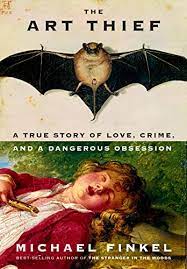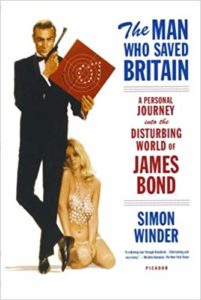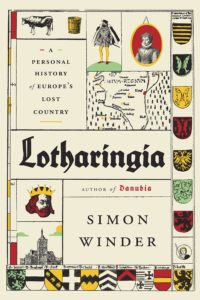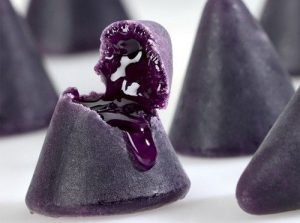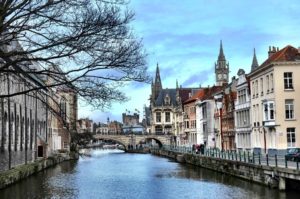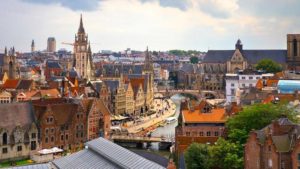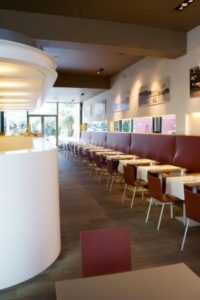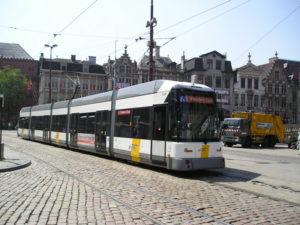The Art Thief is really a romance, but not so much the tale of Stéphane Breitwieser and the girlfriend who helped him steal art worth two billion dollars.
No, it’s a romance about the profound attraction of beauty and how it can be even stronger than the love for another person–and can make someone take wildly unimaginable risks.
Starting in the 90s, Breitwieser’s eight-year haul in a handful of European countries broke down to two hundred heists that yielded three hundred works. And he hid all these thefts in his mother’s attic as if it were the treasure-filled vault in David Baldacci’s Absolute Power.
Stéphane grew up in a haut bourgeois, wealthy French home surrounded by beauty and turned into a teen who fell in love time after time with paintings and countless objets d’art: late Renaissance and early Baroque ceramics, silver pieces, ivory statuettes, paintings on copper and paintings in oil, antique weapons and helmets and anything else that spoke to him. He was especially fond of work from Northern Europe in that period, and unlike the “typical” art thief, he was careful not to damage what he stole.
As the author makes clear, Breitwieser truly was no ordinary thief: he saw himself as “liberating” these pieces from their imprisonment in museums and galleries. And he wanted something more than money, since he didn’t funnel the works to fences. He craved an intimate, in-person relationship with everything he stole. The daring daytime thefts weren’t what turned him on, it was the glorious art and craftsmanship itself.
Remember the thief played by Pierce Brosnan in The Thomas Crowne Affair and Steve McQueen before him? Both of them seem like mere shoplifters compared to Breitwieser.
Finkel is a masterful story-teller who makes this unbelievable story come vividly alive: it races forward, immediate and electric. You really feel at times that you’re watching an on-screen thriller that involves a thief and the art detectives who gradually close in on him. The courtroom drama is topnotch and Finkel’s prose is consistently lean, colorful, gripping. His use of many sources, including interviews with Breitwieser, is exemplary. He’s also careful in sifting various theories as to why Stéphane was the mother of all art thieves, because a variety of mental health professions had a variety of explanations.
Take this book on a plane ride, to the beach, take it everywhere and anywhere–it is a work of beauty itself with spectacular and stunning illustrations, an unforgettable story that’s ultimately about one of our deepest and most chaotic feelings: desire. ★★★★★
Lev Raphael was a frequent visitor to many New York museums when he grew up there and recently published a piece about one of his favorite pieces, Canova’s Perseus at the Metropolitan Museum of Art.

